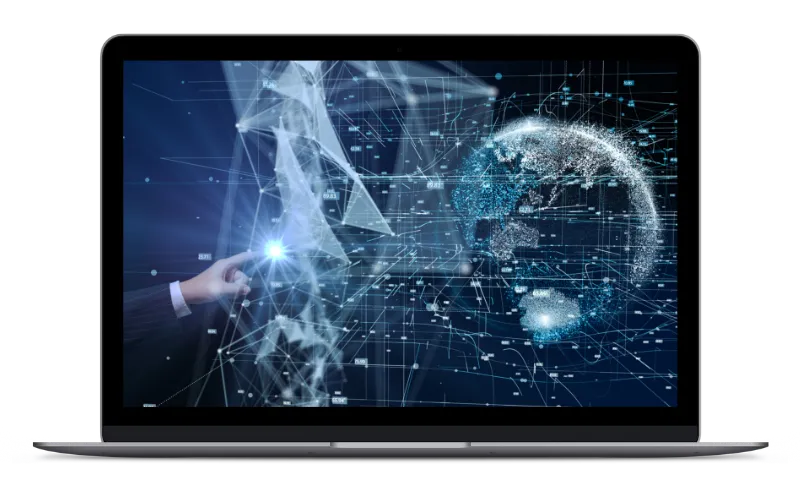Watch the Replay!
Can AI Replace a Digital Forensic Expert?
Since ChatGPT 3.5 has become available to the general public, debates about the potential impact of AI on various industries aren’t stopping. Large language models (LLMs) demonstrate impressive capabilities in text analysis, which can significantly benefit the digital forensics and incident response (DFIR) field, where a big portion of evidence is stored in text format.
However, integrating LLMs into a DFIR workflow is not straightforward. Most models require substantial computing resources and cloud capacities, which are often incompatible with the data processing constraints of most DFIR labs. Belkasoft has addressed this challenge by introducing BelkaGPT, the first offline AI assistant designed specifically for digital forensics and incident response.
Join our webinar to explore the capabilities of BelkaGPT and delve into the mechanisms behind large language models. Our expert will provide insights on how to harness the powerful abilities of LLMs, enabling you to effectively incorporate AI into your DFIR workflow.

Webinar Presenter

Elena is part of the Belkasoft Knowledge Team and has been a technical writer in the software industry since 2010. She joined Belkasoft as a content developer one year ago and quickly became fascinated by the field of Digital Forensics and Incident Response (DFIR). Since then, she has authored multiple articles on the forensic analysis of various evidence sources found on computers and mobile devices. Her work not only details how to analyze these sources using Belkasoft X but also provides valuable insights into examining raw data and interpreting findings.
She is passionate about researching complex topics and translating them into accessible language for diverse audiences. Elena enjoys the challenge of exploring raw data and often offers product enhancements based on her findings.
Elena believes that her work helps conduct more in-depth investigations and accelerates the process of solving cases.
Elena Chertova
Content Developer, Belkasoft Knowledge Team






